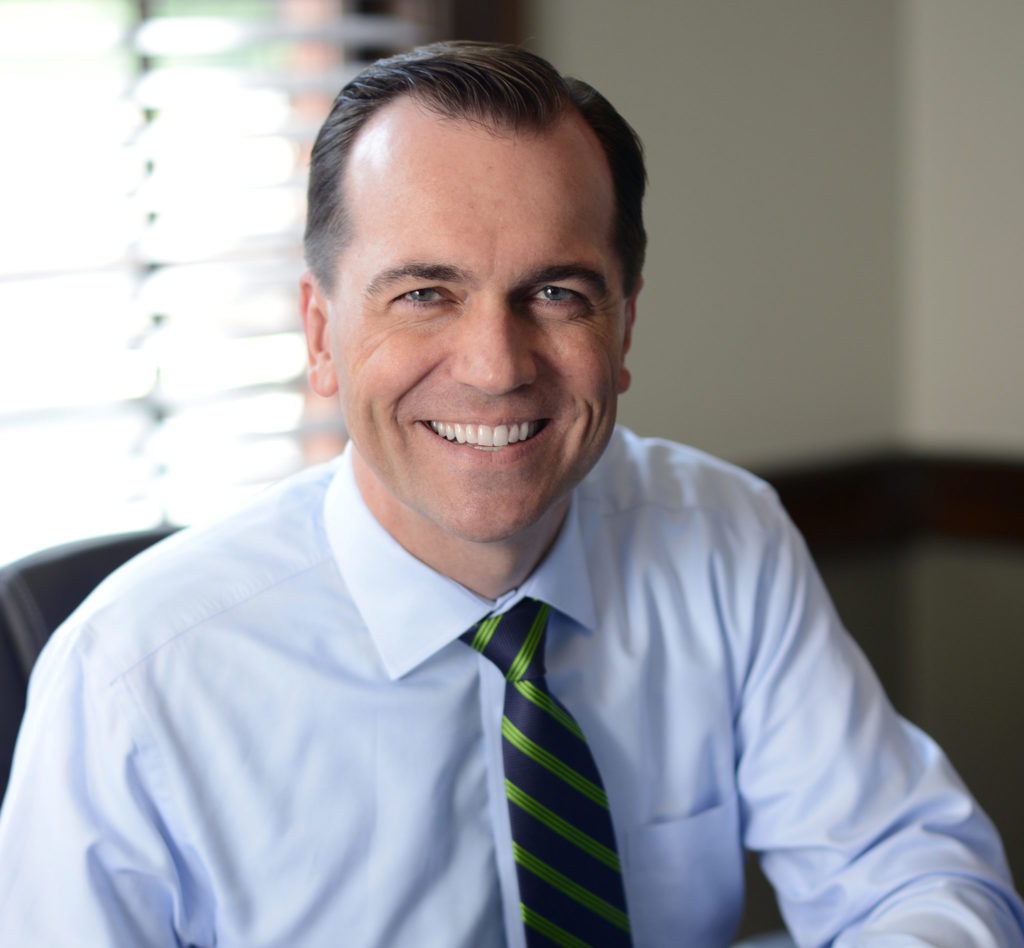During the voucher debate this past legislative session, I wrote about Governor Bill Lee’s Arizona Dream. I noted that Lee seemed determined to turn Tennessee into the same type of fraud-riddled education mess that decimated school funding in the Grand Canyon State.
Now, of course, the FBI is investigating Tennessee’s voucher vote. But instead of caution, Bill Lee is hitting the gas pedal and trying to move vouchers into our state even faster.
Let’s take a look at how that’s gone in Arizona:
Last year, nearly $200 million which otherwise would have been in the state’s coffers, money which could have been used to boost our shamefully low education budget, is paying for children to go to private schools.
Private school tuition tax credits, the state’s first voucher program, began in 1999. Back then, before vouchers, 44,050 students attended Arizona’s private schools, about 5 percent of the student population.
How did private school enrollment look in 2015, the most recent year I can find data for? In 2015, the number had risen to 46,250, which is an addition of 2,200 students over 17 years of taxpayer-funded vouchers — about 130 new students a year. That doesn’t sound like the kind growth you should expect given the investment we’re making.
Here’s a math problem for you. If Arizona had 2,200 more private school students in 2015 than in 1999, and in 2015, we spent $150 million on vouchers. How much were taxpayers pitching in for each new student? You’ll probably need to grab a calculator to figure it out, so let me give you the answer. It comes to $68,200 per new student.
$68,000 PER STUDENT.
That’s the cost to advance a voucher agenda that all the evidence indicates will fail the children it is designed to help.
That’s Bill Lee’s Arizona Dream. That’s the scheme he’s trying to foist (quickly) on Tennesseans.
Don’t let anyone tell you Bill Lee is a fiscal conservative who cares about protecting taxpayer dollars.
Here’s what his agenda makes clear: Bill Lee wants to take YOUR tax dollars and spend them on private entities regardless of outcome. Just because.
That’s bad policy. It’s fiscally irresponsible. It tells you all you need to know about Bill Lee.

For more on education politics and policy in Tennessee, follow @TNEdReport
Your support helps make publishing education news possible.




